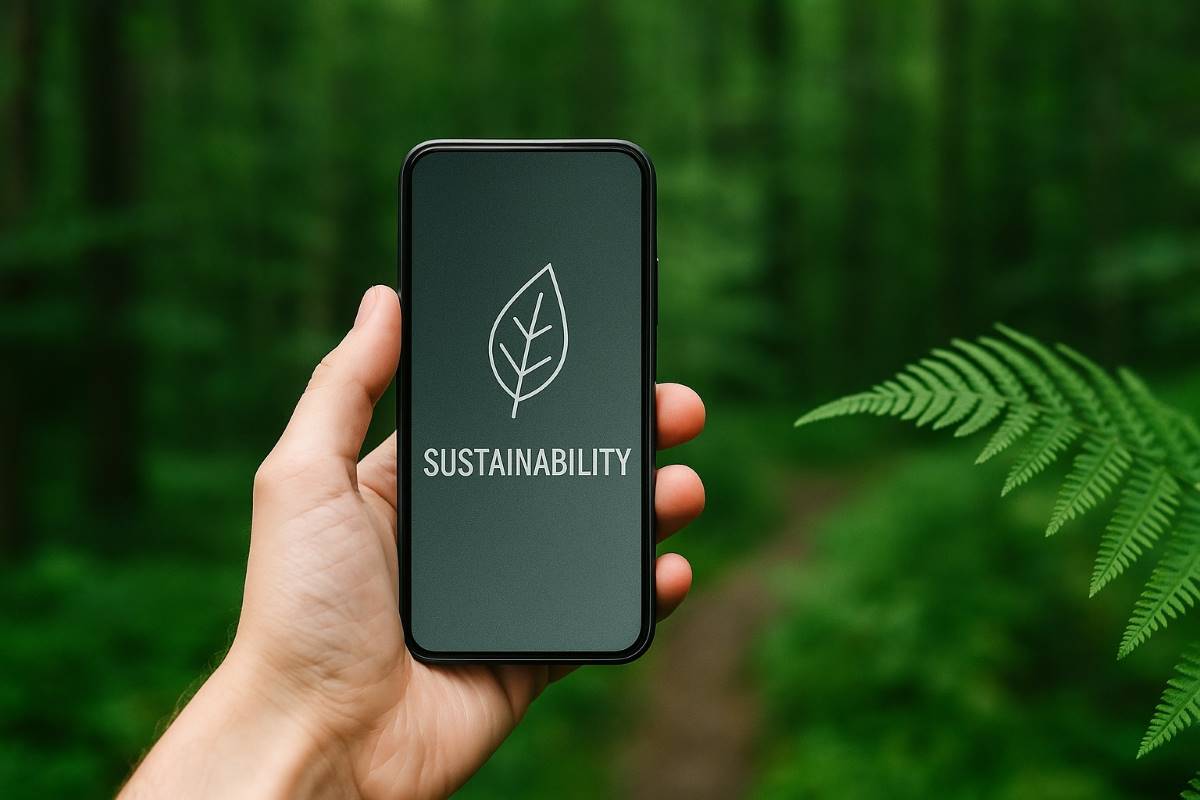The new face of sustainability is called Greenhushing
Post on: 04.06.2025

In recent years, sustainability has been è has been at the center of the communication strategies of many companies. However, today something is changed. More and more; companies, both in Switzerland and internationally, are choosing not to talk anymore; openly of its environmental or social commitment. This is not a disinterest in climate or biodiversity, but a new defensive strategy: the Greenhushing.
From enthusiastic promotion to strategic silence
Just a few years ago it was common to see companies publicizing every little step towards sustainability. Ad campaigns, social media posts, sustainability reports and environmental slogans were everywhere. Today, however, many of these voices have died out.
The change è visible above all in institutional language and external communication. The reason? According to many observers, companies are afraid of exposing themselves too much. Making environmental promises can today generate criticism, accusations of hypocrisy or even legal proceedings, especially in regulated markets such as the United States or the United States. European Union.
Political pressures and reputational risk
In the United States, the issue is egrave; become profoundly political. Conservative sectors accuse companies" green" of activism, while progressive organizations and movements criticize the insufficient concrete actions. The result? Businesses are under attack from both sides.
A case in point; that of BlackRock, a wealth management giant, which has reduced its public statements on sustainability; after years on the front line. Similarly, H&H& M has eliminated his trademark " Conscious Choice" , while companies such as Nestlé and EasyJet have stopped labeling their products as " carbon neutral" if obtained only through certifications.
The fear of saying too much
A survey conducted by South Pole, a company Zurich-based climate protection, showed that almost 60% of the companies surveyed intend to limit public statements about their climate goals. The main reason? Avoiding future problems.
Sabine Dö beli, CEO of Swiss Sustainable Finance, explains that many companies prefer not to go too far with statements that are difficult to back up with accurate data, especially if they operate on an international scale and have to adapt to different and evolving regulations. The Legislative uncertainty in Europe, for example, brings many realities. to opt for minimal communication.
Greenhushing: a growing phenomenon
The term " greenhushing" derives from the English " to hush" (silence) and expresses the deliberate choice to minimize the communication of environmental actions taken. Unlike greenwashing – in which one exaggerates or builds a false image " green" – Greenhushing è a form of self-censorship.
Nadine Strauss, professor of strategic communication at the University of Zurich, distinguishes two forms: on the one hand, those who voluntarily conceal data, on the other hand, another who communicates only when he has solid elements to do so. According to the scholar, this second form can be also be read in a positive key, as a sign of maturity and liability.
In Switzerland, action is taken, but less is being said
Despite this reluctance to talk about sustainability, the data show that many Swiss companies remain seriously committed. The sustainability reports; of SMI companies confirm that most have reduced their CO2 emissions in the last year. But, unlike in the past, it does so without media hype.
In official documents the words are moreù measured, the most ù verifiable ones, and the most verifiable promises; Cautious. & A change that reflects a new phase of accountability; d’ enterprise, more ù focused on concrete results, rather than on appearance.
A silence that speaks?
Greenhushing does not necessarily mean disengagement, but reflects complexity. of communicating sustainability; today. Companies walk a fine line between transparency, political pressure and public expectations. The challenge of the future will be find a balance between doing and saying, with the goal of maintaining trust without giving up the climate ambition.
What does Greenhushing
Greenhushing means? An English term that combines the words " green" (green, in reference to the environment) and " hushing" (to be silent), and indicates the deliberate choice of a company not to communicate or minimize communication about its environmental or sustainable initiatives, to avoid criticism, accusations of hypocrisy (greenwashing), or legal and reputational risks.
In practice, è l' opposite of greenwashing: while greenwashing consists of emphasize or feign an ecological commitment to improve the corporate image, greenhushing involves strategic silence, even when the company actually does something positive for the environment.
Greenhushing | Why? do companies do it?
- Fear of being attacked by activists or politicians if the Commitment & considered insufficient or inconsistent.
- Regulatory uncertainty: With evolving rules, many companies prefer not to expose themselves as long asé are not sure that they are meeting all the requirements.
- Desire to avoid accusations of greenwashing, which can damage reputation.
In summary, greenhushing is a form of environmental self-censorship dictated by caution, but which can make the commitment of companies towards sustainability.
Cookies & Privacy
Utilizziamo i cookie per offrirti la miglior esperienza possibile sul nostro sito Web.
Accetta e continua Continua senza accettare
Per maggiori informazioni leggi la nostra Privacy Policy





